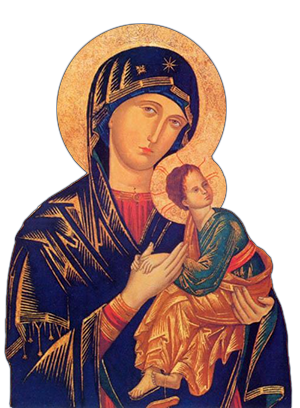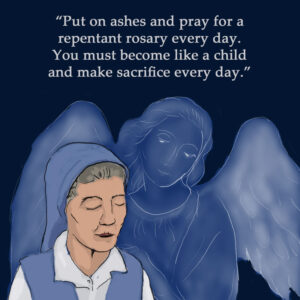Gilbert: really hopeful things

I’ve been thinking a lot lately about hope–just the simple idea of it.
Of course, we need hope more than ever today, but more importantly, we need real hope, which is to say: we need hope in real things.
A year ago, it would have been a more difficult point to make–the idea of hoping in something real. Today, we live it; the pandemic, the natural disasters–they cut through the noise pretty quick. The things that really matter in life became evident because we could not have them. These are the simple things; a hug from an old acquaintance, a family gathering, the relative confidence of well-being when performing the usual public functions of shopping, working–not extravagant things–not luxurious things–they are the small things that comprise the large human experience, and, in so many cases, they went away.
Man grieves all forms of loss long before his own end. Augustine described pain as the lack of a natural good (City of God, XIX, 13); which is to say, we hurt because we are missing something that should be there and it’s unnatural if it isn’t there.
Man grieves because he is a finite creature living in time. He has an eternal soul, but that exists outside of his comprehension; he can only see that by faith.
The loss we experience throughout life, and especially at the time of death, is real. It’s not any more imaginary or abstract than pain itself.
The gift of hope–and it is a gift, not a given–is the only thing we have to carry us beyond death (Romans 8:24). Our hope is real too; as real as death, but less evident.
The Gospel, the good news, is that message of hope that can be taken with faith.
In the Gospel, the most hopeful story I can find is the story of Jesus coming to visit the tomb of Lazarus. Martha, who is Lazarus’ sister, comes out to meet Him. She is mourning, but she also feels the sting that what happened to Lazarus might have been prevented by even one of the miraculous healings that Jesus had offered to so many strangers. Her words are first without hope. And then, by faith she comes to hope, and with hope she is able to love; that is to say, to give herself without fear of loss…
Many of the Jews had come to Martha and Mary
John 11:19-27
to comfort them about their brother [Lazarus, who had died].
When Martha heard that Jesus was coming,
she went to meet him;
but Mary sat at home.
Martha said to Jesus,
“Lord, if you had been here,
my brother would not have died.
But even now I know that whatever you ask of God,
God will give you.”
Jesus said to her,
“Your brother will rise.”
Martha said to him,
“I know he will rise,
in the resurrection on the last day.”
Jesus told her,
“I am the resurrection and the life;
whoever believes in me, even if he dies, will live,
and anyone who lives and believes in me will never die.
Do you believe this?”
She said to him, “Yes, Lord.
I have come to believe that you are the Christ, the Son of God,
the one who is coming into the world.”
Martha’s hope grows in this moment, because she realizes that the faith she has in Jesus is still smaller than who He is, and that thing which we are all hoping for–the end of loss and the beginning of endless life which is the Resurrection–is him.
Martha’s hope; for the restoration of her lost brother in some distant future that she may not live to see, changes with a single question:
“Do you believe this?”
That great day; the restoration of all good things, is the person of Jesus. When Jesus asks Martha if she believes, he is really asking, who do you believe that I AM?
When Moses asked for God’s name, He replied, “I AM” (Exodus 3:14); He is existence itself, and what exists is a person. When Martha appeals to that future event, Jesus says, “I AM the Resurrection.” And Martha’s love grows, because she has put her faith in a future who is literally standing right in front of her.
You know, I’m glad it was Martha who came to meet Jesus because if it was instead some cheerful cherub, we would have no story to relate to!
Love is relational, it is between two persons. We cannot truly love an event because, however grand it may be, it is still less than what we are as persons. But the cause of all future good is a person whom we can love, and that is what real hope is: the future of love.
Imagine sitting down and watching the clouds paint the cool blue dusk sky with sherbet pinks and oranges, and saying, “oh, how I love this time of day!” And the dusk replies, “I love you too.” And the joy that happens in that moment is because you have discovered that thing can love you back, and cares about you, and cares about being magnificent and beautiful for you–but this is true! Because that good evening is a part of the good person of God; and that is a really hopeful thing.



